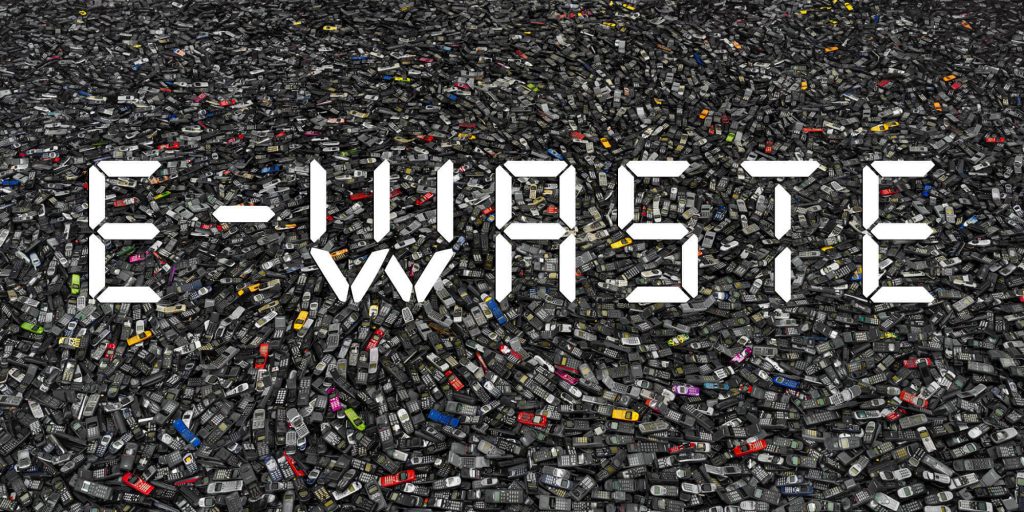 Exercise
Exercise
Tap all the highlighted words in the transcript below to see their definition. ⇩Do you ever wonder what happens when you throw out a smartphone?
Many of us suffer from “Out of sight, out of mind” mentality: Once our trash is gone, we stop thinking about it.
Unfortunately, that doesn’t mean the problem isn’t there.
And e-waste is a huge problem.
What is e-waste?
When you dispose of something like a phone, a computer, or batteries, it becomes electronic waste, or e-waste.
E-waste contains toxic chemicals. If items aren’t disposed of properly, those toxins have damaging effects.
A growing problem
E-waste is the fastest-growing type of waste. In an average year, approximately 50 million tons of electronic equipment are disposed of globally, and the number is steadily growing.
It’s increasing largely because new products are constantly being developed. When a “better” version of a product is introduced, consumers upgrade to that new version and discard their old devices.
Where does e-waste go?
Of the 50 million tons of annual e-waste, how much do you think is recycled properly?
Around 15%.
Everything else goes to landfills.
We’re not talking about just any landfills. Much of the e-waste from richer nations is illegally sent to lower-income countries in Africa and Asia.
Wondering how this can happen? It’s simple: Rich countries often send e-waste labelled as “used goods,” when really, the items are broken and cannot be used or repaired.

Health hazards
When e-waste is shipped to these countries’ landfills, people take the products apart to find any valuable materials to use or sell, such as gold or copper.
The methods of removing these materials are unsafe, damaging landfill workers’ health and releasing toxins into the environment.
What you can do
Here are some tips you can use to help fight the e-waste issue:
-
- Take care of your electronic products so they last longer.
- Repair your broken products instead of immediately replacing them.
- Buy refurbished items rather than new ones.
- Think about it: Do you really need that new item?
- Donate used electronics to social programs, such as those that help refugees.
Stop the cycle
It’s time to start changing our habits to put an end to overconsumption and the waste it produces!
Electronic Waste Comprehension

Good
An article that only offers poor solutions is useless when it comes to renewing and repairing against the planned obsolescence of the biggest corporations.
Hello Andrea,
Taking care of our planet is the best heritage we keep for our future generations.
Thanks for the text
The problem is la obsolescencia programada.
Is an injustice that richer countries throw the e-waste in poor countries, to affect a lot of the populations. We need to work together in order reduce the e-waste, and also ask the companies that produce all of this products, that they create a strategies and programs that recoverd e-waste.